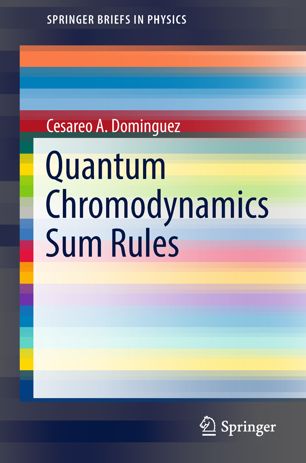

Most ebook files are in PDF format, so you can easily read them using various software such as Foxit Reader or directly on the Google Chrome browser.
Some ebook files are released by publishers in other formats such as .awz, .mobi, .epub, .fb2, etc. You may need to install specific software to read these formats on mobile/PC, such as Calibre.
Please read the tutorial at this link: https://ebookbell.com/faq
We offer FREE conversion to the popular formats you request; however, this may take some time. Therefore, right after payment, please email us, and we will try to provide the service as quickly as possible.
For some exceptional file formats or broken links (if any), please refrain from opening any disputes. Instead, email us first, and we will try to assist within a maximum of 6 hours.
EbookBell Team

4.1
80 reviewsThis concise book provides the necessary background to allow interested readers to launch original research projects on the subject matter. Currently, this material is not available from one single source, and is either spread out over numerous journal publications, or covered in long and technical monographs.
At the core of this book lies the sum rule approach to obtain analytic results in Quantum Chromodynamics (QCD), the current theory of strong interactions among quarks and gluons. This method fully complements Lattice QCD, the corresponding computational approach based on discretizing QCD on a space-time lattice.
Applications include standard determinations of hadronic particle properties with extensions to finite temperature and density, and possibly involving the presence of extreme magnetic fields. The latter cases include stellar objects (e.g. neutron stars and magnetars) as well as high-energy proton–proton and heavy-ion collisions.
Further topics concern the determination of the fundamental parameters of QCD, e.g. quark masses and the quark–gluon couplings, the hadronic contribution to the anomalous magnetic moment of the muon, and electromagnetic coupling at the the W-boson mass scale.